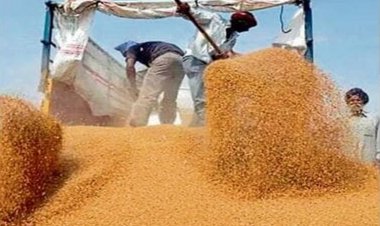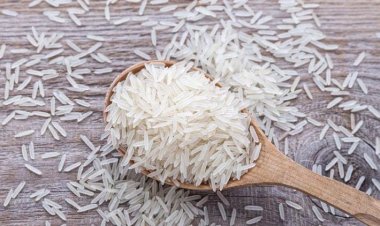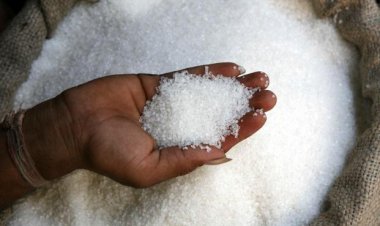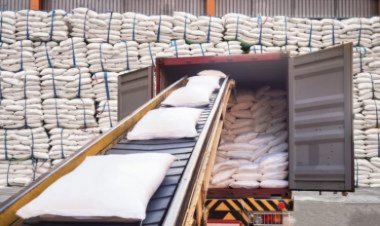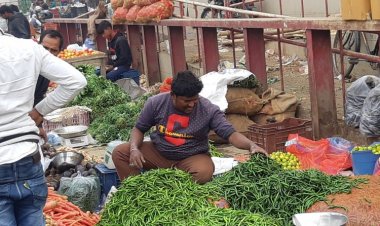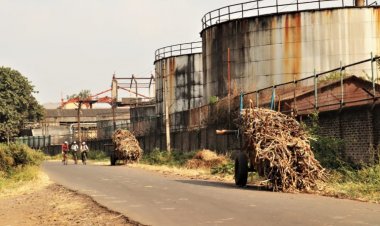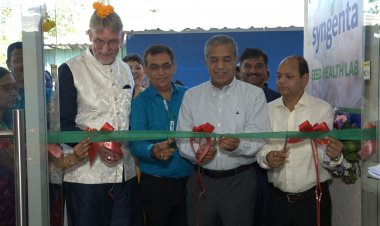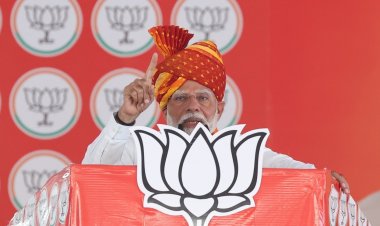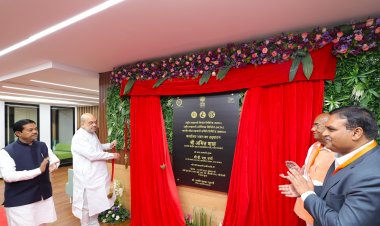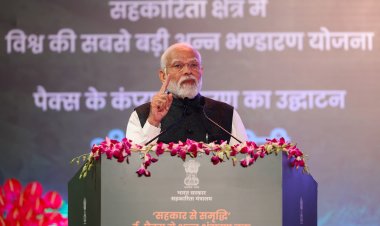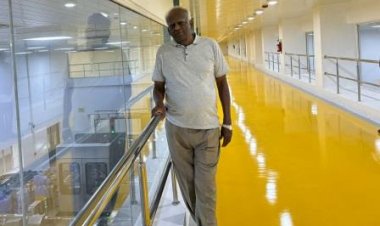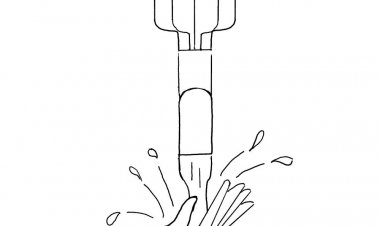SC committee felt repeal of farm laws would be unfair; its report reveals most farmer organizations supported the laws
According to Ghanwat, had the Supreme Court published the Report upon its receipt, it could have educated protesting farmers about the benefits of the farm laws and potentially prevented the repeal of these laws. The Committee had advised that “A repeal or a long suspension of these Farm Laws would be unfair to the ‘silent’ majority who support the Farm Laws.”
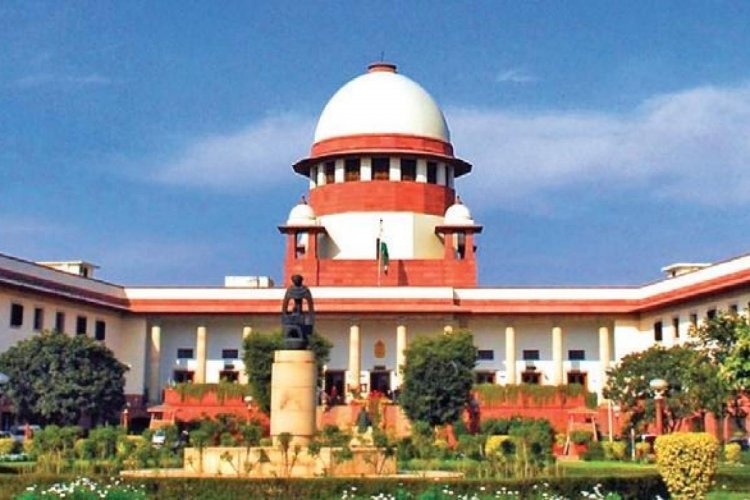
Anil Ghanwat, former President of the Shetkari Sanghatana and member of the Supreme Court Committee on Farm Laws, released on March 21 the Report of the Supreme Court Committee on Farm Laws. He also released a copy of a letter he has written to the Chief Justice of India (CJI) about his decision to release the Report.
19 March 2022 marked one year from the date of submission of the Report to the Hon’ble Supreme Court. In the meanwhile, Ghanwat said, he wrote thrice to the Supreme Court requesting the release of the Report – on 1 September 2021, on 23 November 2021 and on 17 January 2022.
According to Ghanwat, had the Supreme Court published the Report upon its receipt, it could have educated protesting farmers about the benefits of the farm laws and potentially prevented the repeal of these laws. The Committee had advised that “A repeal or a long suspension of these Farm Laws would be unfair to the ‘silent’ majority who support the Farm Laws.”
Of the 73 farmer organizations that made submissions to the Committee, 61 had fully supported the farm laws, said Ghanwat. The supporters represent 3.3 crore farmers. Most agitating farmers came from Punjab and north India, where Minimum Support Price (MSP) plays a significant role. These farmers were misled by socialist and communist leaders who lied about MSP being under threat. The laws said nothing about MSP.
The non-agitating farmers who engaged with the Committee didn’t have such concerns, also because MSP plays very little role in their life. Ghanwat said that he had been a farmer in Maharashtra all his life and had never sold anything at MSP. Nevertheless, even though MSP was not within the scope of the Committee’s consideration, it examined this issue.
Ghanwat said that farmers had received a negative marketing subsidy for over seven decades. Estimates by the government and by independent economists have confirmed that farmers’ incomes can increase between 5% to 25% per year if marketing restrictions are removed. As The Economist magazine wrote in 2018, India’s governments provide farmers with subsidies (such as MSP) worth $30bn per year and take away $40bn by denying farmers the market price of their produce. These marketing restrictions operate via the Essential Commodities Act (ECA) and foreign trade barriers.
Besides, farmers face an additional loss of at least $20bn per year through productivity reduction and depressed farmland prices from the abolition of the Fundamental Right to property and gross mismanagement of land records. Their land is often seized without due compensation, and restrictions on the size of the land they can own and difficulties in tenancy, contracting and sale mean that land is not put to its most productive use. The laws that confiscate farmers’ income and property are sheltered in the Ninth Schedule of the Constitution, away from judicial scrutiny.
Ghanwat said that the farm laws of 2020 did not address even a fraction of these unjust appropriations from farmers. Most market and property restrictions would have remained in place with the farm laws. Nevertheless, the laws would have reduced farmers’ losses by giving them a greater market choice. He added that since the Modi government had not consulted with farmers, shortcomings had remained in the laws. The Committee’s Report provided options to address these shortcomings.
With regard to the Supreme Court Committee’s Report, he said that although it had been overtaken by events, he was releasing it for its educational value for farmers and for policymakers. Farmers, mainly those from North India, who protested against these laws and got them repealed will now realize that they have harmed themselves and lost an opportunity to increase their income. In Ghanwat’s view, it was also a great political mistake for the Modi government to repeal these laws — the poor performance of BJP in Punjab shows that the repeal did not make any political difference.
Ghanwat said that agriculture remained in the tight grip of socialist controls, unlike industry which was partially liberated in 1991. Prime Minister Narendra Modi should muster courage and revive agriculture reforms. This time, however, he should ensure that farmers benefit from the full suite of reforms. In that context, Ghanwat said that he was releasing a 200-page preliminary draft Discussion Paper on agriculture policy to lay out the full suite of reforms needed for agriculture.
India’s farmers must get involved in such policy discussions, said Ghanwat.











